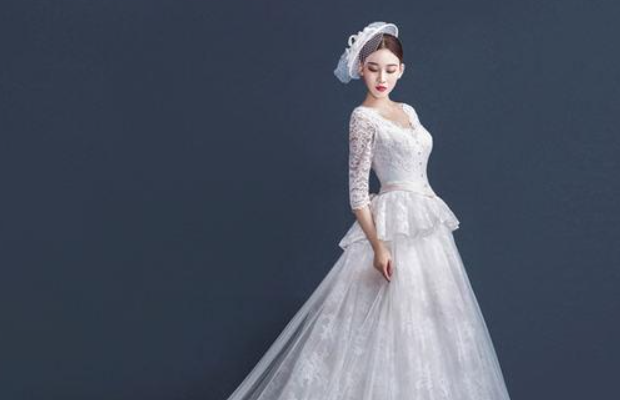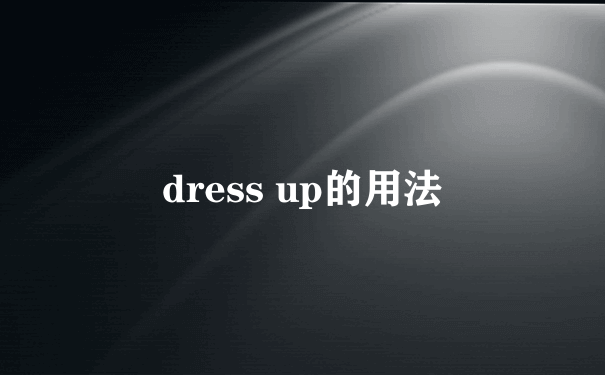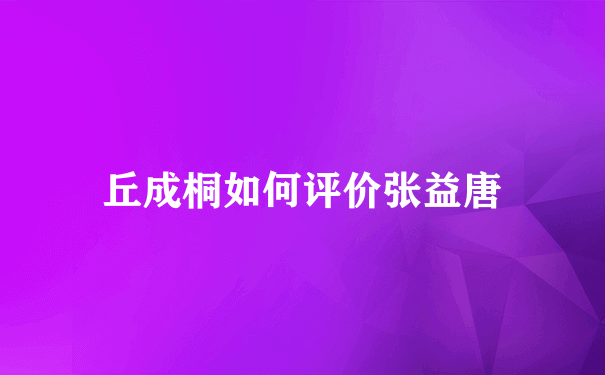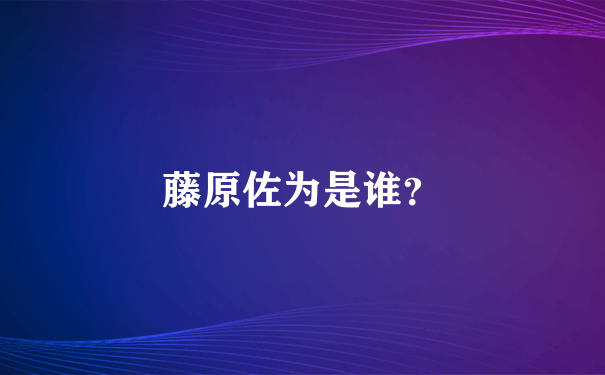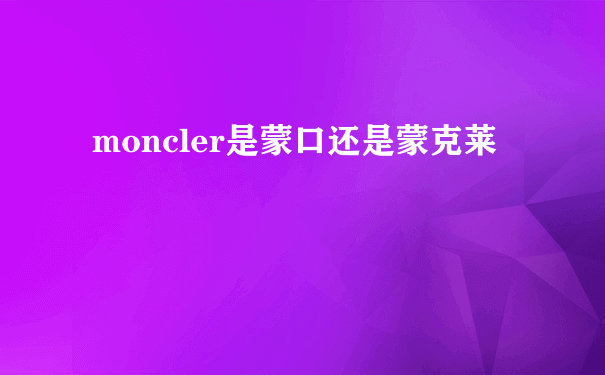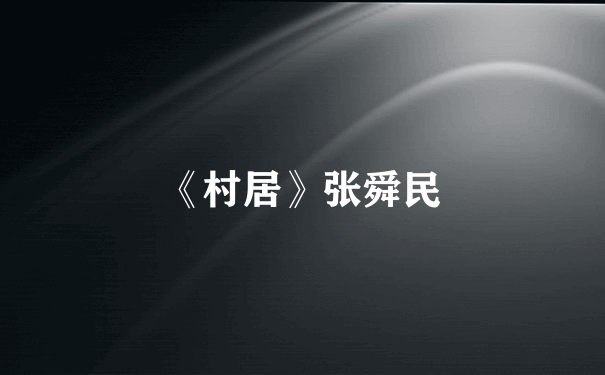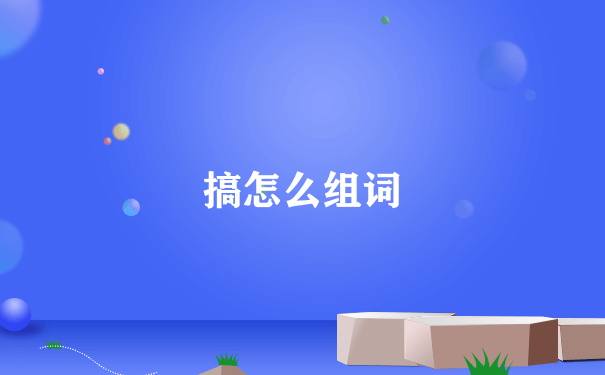put on ,wear ,dress ,dress up 有什么区别?
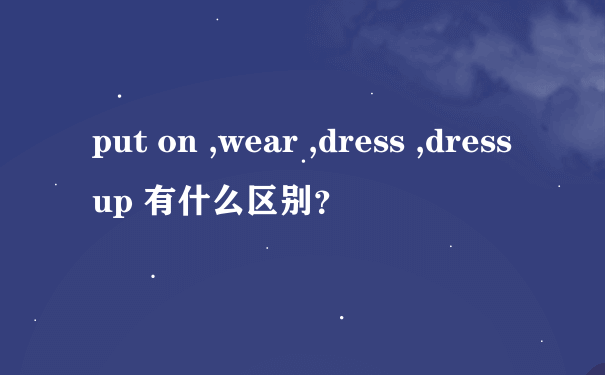
put on,dress,wear,in这四个词语都有“穿、戴”的意思,但它们不是同义词,甚至也不是近义词。前三个词为动词,可以用作谓语,最后一个为介词,此介词短语只能作表语、定语或状语。
put on 表示“穿上,戴上”,为动态,宾语是衣帽等
Manager: Would you put it on, please? Customer: All right.
dress也表示“穿上衣服”,为动态,但宾语通常是人,或反身代词,常用于被动语态
Jim isn't old enough to dress himself.
吉姆太小,还不能给自己穿衣服。
Mary is dressing her doll.
玛丽正在给布娃娃穿衣服。
The lady was dressed in a blue coat and large funny hat.
那个妇人身上穿着一件蓝色外套,戴着一顶又大又好笑的帽子。
wear表示“穿着、戴着”,为静态,宾语为衣帽等
Last year in another play, she had to wear short socks and a bright, orange-coloured dress.
去年在另一出戏里,她必须穿短袜子,还穿一件色彩鲜艳的桔黄色衣裙。
Miss Roberts: I don't remember,sir. The man whom I served was wearing a hat.
罗伯茨小姐:我不记得了,先生. 我接待的那个人当时戴着礼帽。
in 也表示“穿着”,为静态
In the play, she must appear in a bright red dress and long black stockings.
在那出戏里,她必须穿着一件鲜红色的衣裙和深筒袜子出场。
Mrs rumbold was a large, unsmiling lady in a tight black dress.
兰姆伯尔德夫人是一位身材高大而且不爱笑的女人,穿着紧身黑色衣裙。
Look at the man! He is in rags!
看看那个人!他穿着一身破衣服。
When Harry put on his act of being mildy annoyed…
当哈里装出略为有些懊恼的样子时… (put on his act of =pretended to be [英语惯用语])
标签:dress,put,wear


